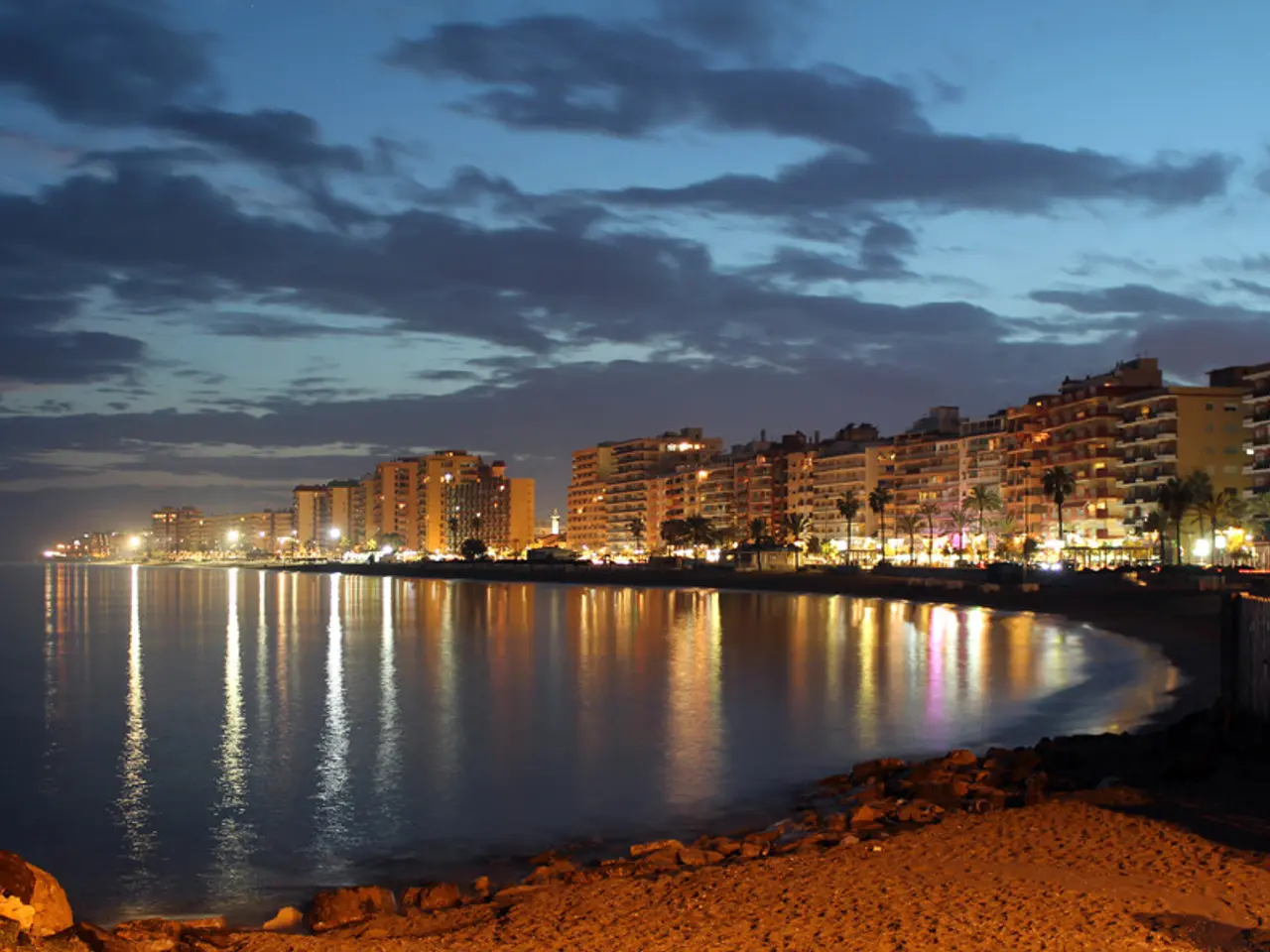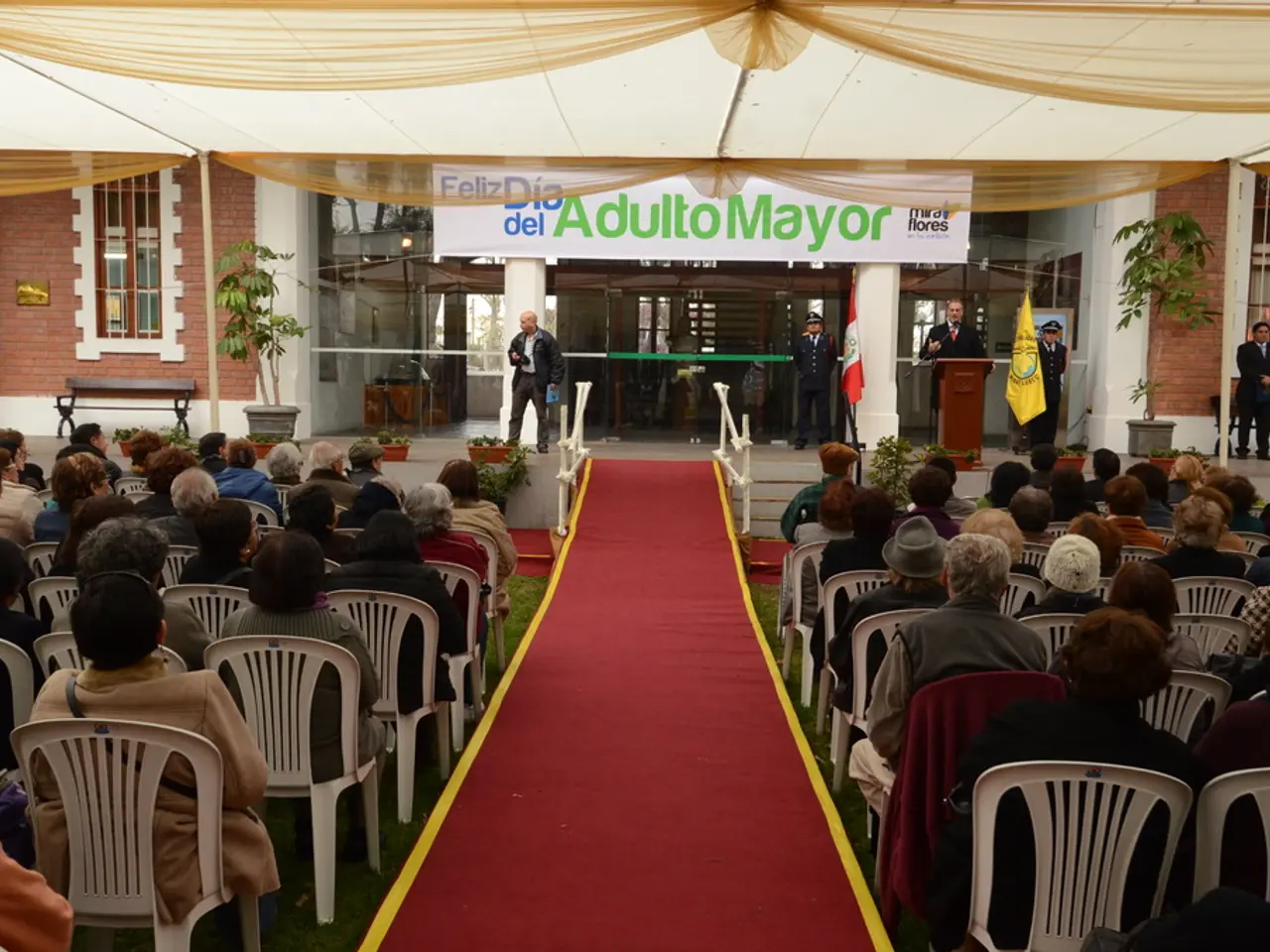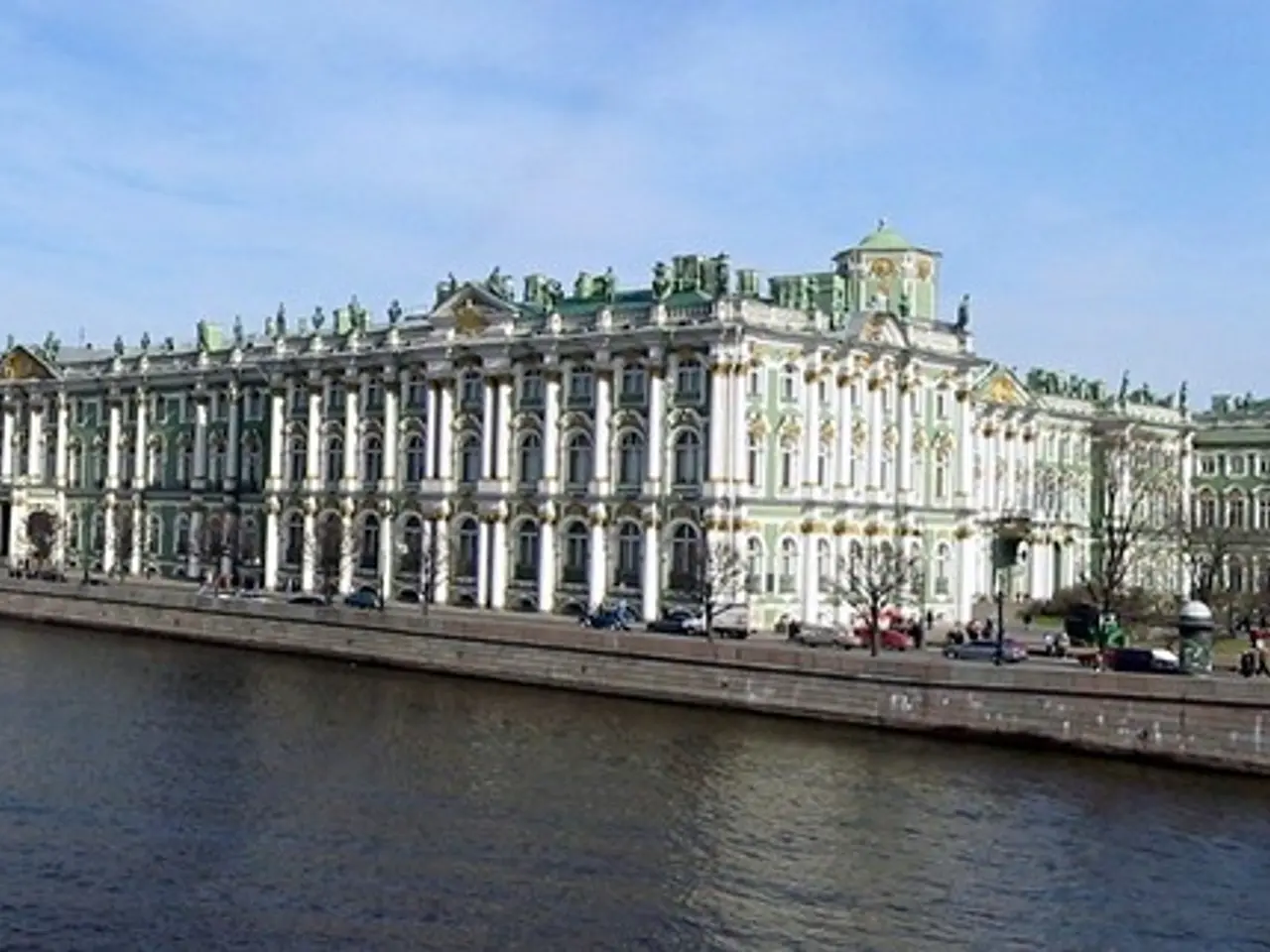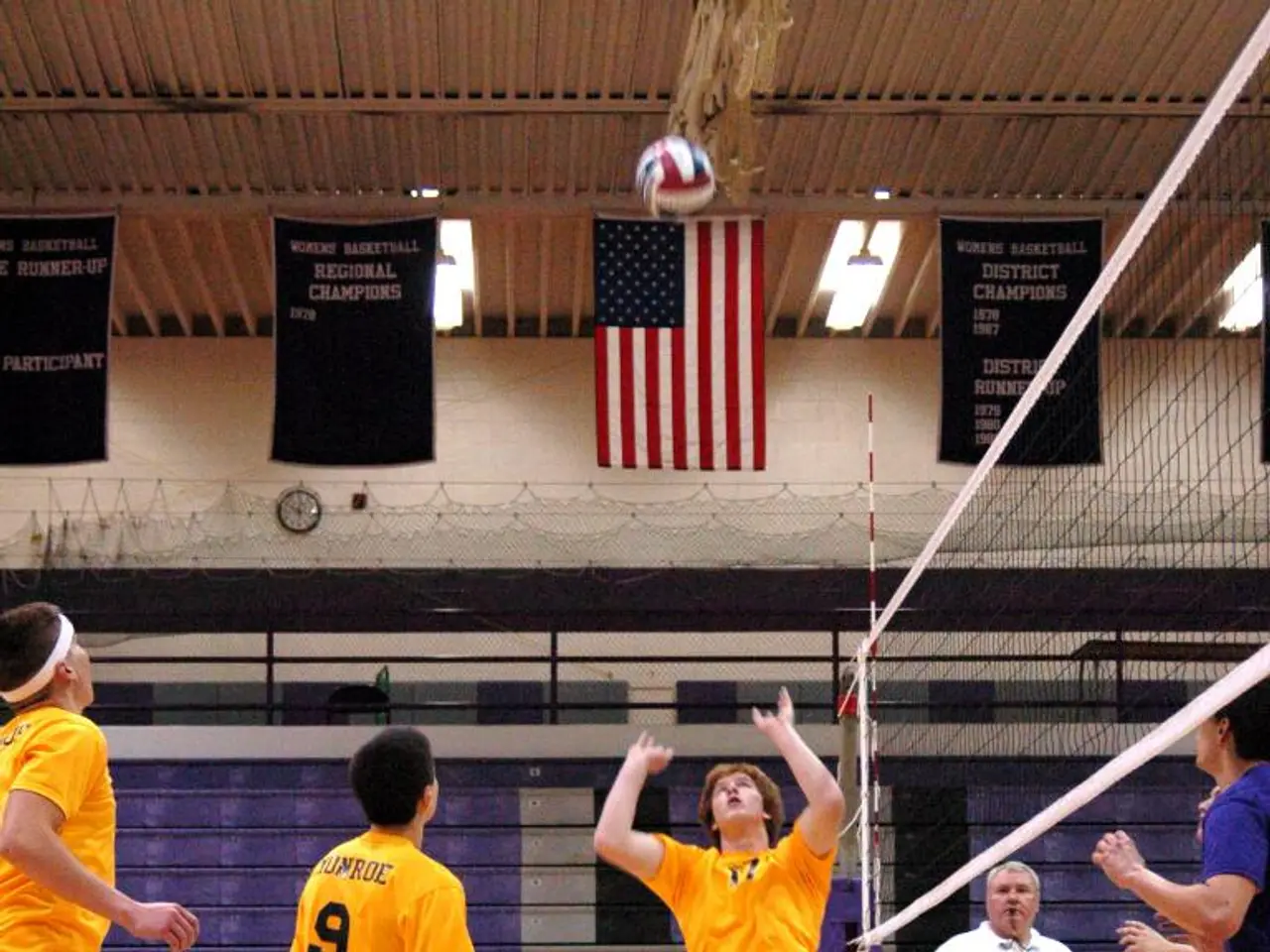Local authorities in Algarve are proactively working to mitigate potential flooding incidents.
In a bid to address long-standing flooding concerns in the Altura coastal area, the Castro Marim City Council has announced a series of projects aimed at reducing the impacts of stormwater runoff in older developments. These initiatives are designed to rectify the legacy of past urban planning, which often failed to account for natural phenomena and adequate infrastructure.
The council's plans include intervening on a storm water collection and disposal system within the Verdelago Detailed Plan area. This intervention involves the construction of a retention pond to manage flood-prone regions more effectively. Additionally, the sewage capacity in the area is set to be doubled, with the excess capacity to be discharged via an underwater outfall [1].
Another significant aspect of the council's plans is the expansion of the submarine outfall and offshore emission network, which was initially constructed to facilitate stormwater runoff from the southern area of Altura. This infrastructure supports the Verdelago tourist development, located between Praia Verde and Altura [1].
The council's commitment to addressing the consequences of careless urban planning from the 1970s, 1980s, and 1990s is evident in these projects. By enhancing infrastructure and improving public spaces, the council aims to minimise the problems created by human actions, such as inadequate planning and lack of study and prediction of natural phenomena [1].
The Altura waterfront area and the banks of the Ribeira do Álamo are also undergoing flood prevention and mitigation works. A hydraulic study of the Ribeira do Álamo and low-lying areas of Altura has been conducted to determine flow rates and evaluate safety conditions, although the results guiding the development of plans, subdivisions, and projects for the implementation of the public storm water network have not been specified [1].
The Algarve City Council is also committed to improving and enhancing public spaces in the Altura coastal area, addressing issues caused by human action. Soil sealing and the construction of barriers to the natural flow of water are issues being addressed by these works.
These initiatives are crucial in the face of increasingly unpredictable and frequent natural events. The city council emphasises the importance of these actions due to the greater intensity of unpredictable, unstable, and frequent natural phenomena.
[1] Castro Marim City Council press release, date unspecified.
- The news from Portugal's Castro Marim City Council highlights their focus on environmental science, as they announced projects aimed at reducing flood risks in the Algarve region, tackling issues caused by legacy urban planning.
- In response to climate-change concerns, the council has proposed the expansion of the submarine outfall and offshore emission network, hoping to provide better stormwater runoff management, particularly in the tourist development between Praia Verde and Altura.
- As part of the policy-and-legislation efforts, the council seeks to improve general-news oversight, focusing on the Algarve coastline, with flood prevention and mitigation works being carried out in the Altura waterfront area and the banks of the Ribeira do Álamo.
- With an increased awareness of the urgent need for address in environmental-science, the city council's actions underscore the significance of improving public spaces and mitigating the impacts of natural events, which are becoming more unpredictable and frequent due to climate change.






